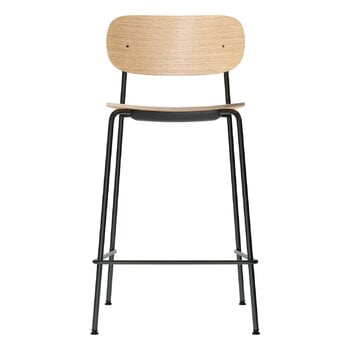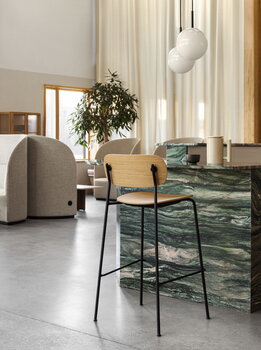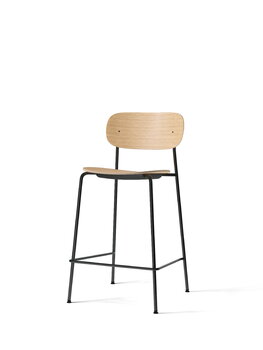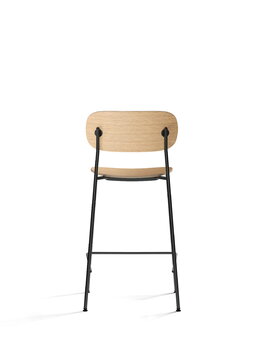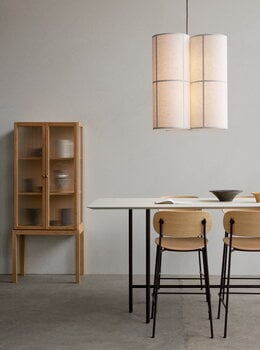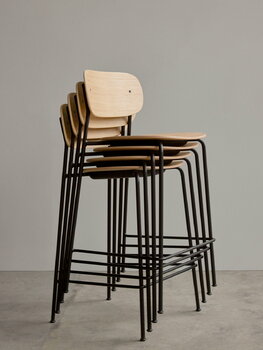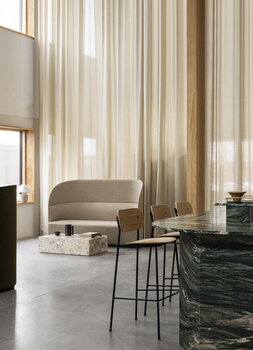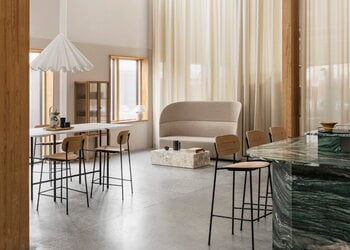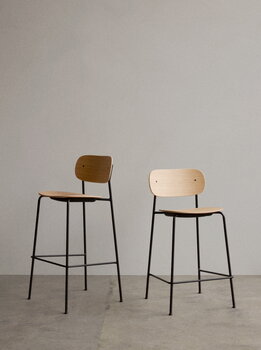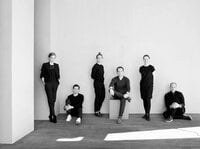Audo Copenhagen’s Co counter chair is characterized by a balanced contrast between a sleek steel tube frame and a softly curved wooden seat. The backrest has been slightly tilted for optimal seating comfort and support.
Designed in collaboration by Norm Architects and Els Van Hoorebeeck for The Office Group, the Co counter chair has a warm, relaxed and minimalist design. The versatile chair is equally well suited for kitchen islands and high tables at homes as well as for restaurants and other public environments.
